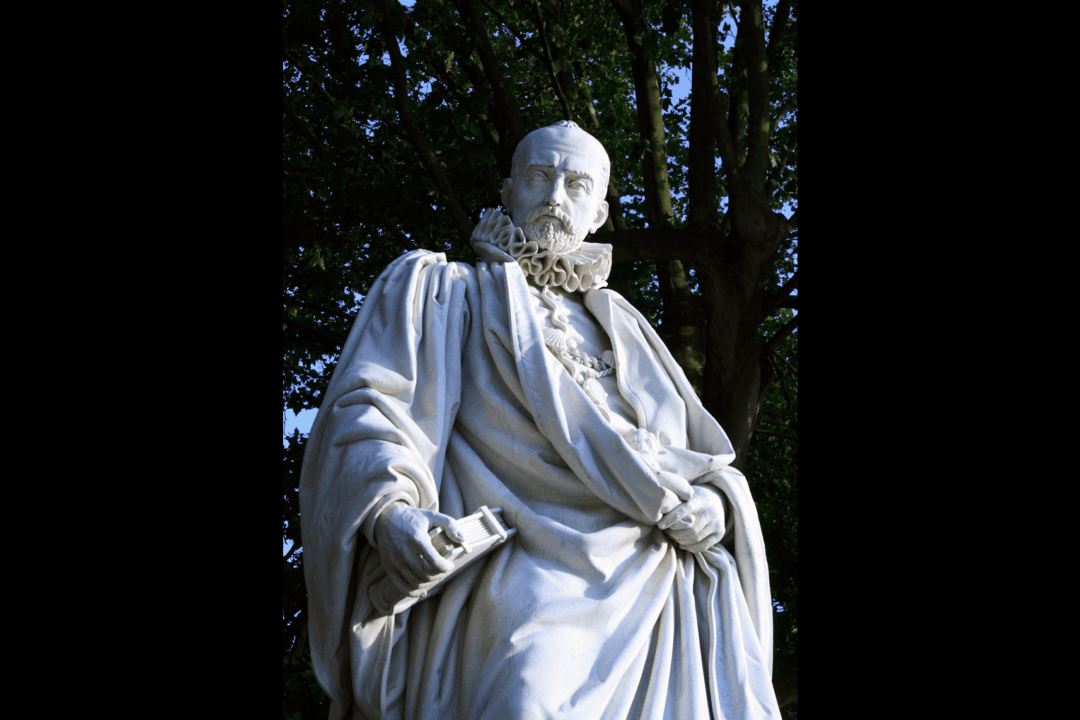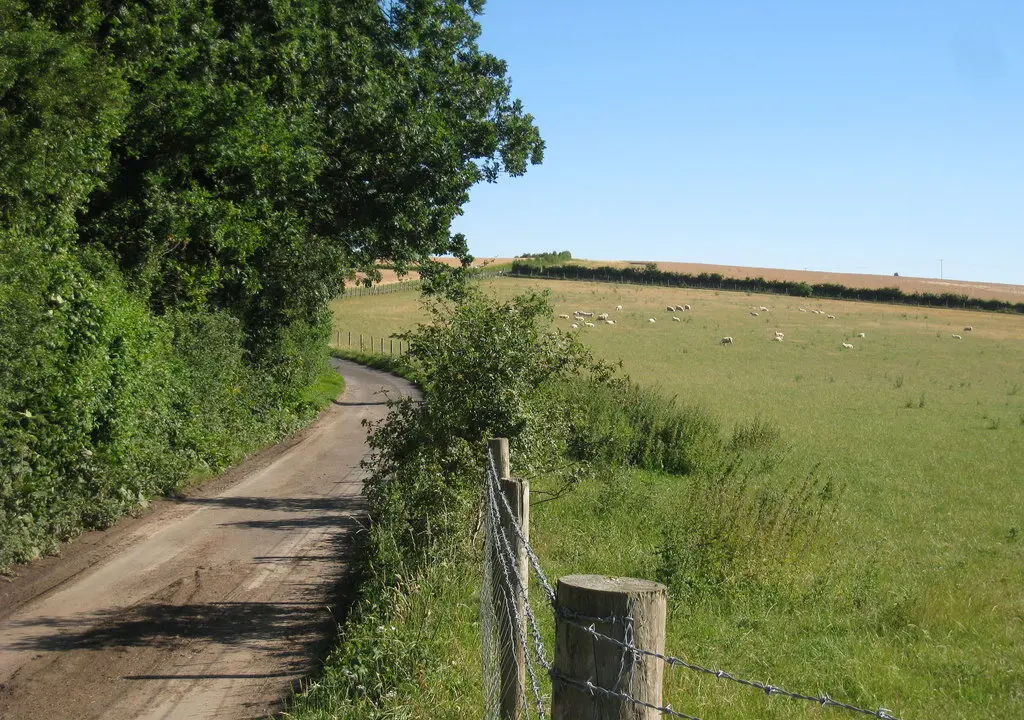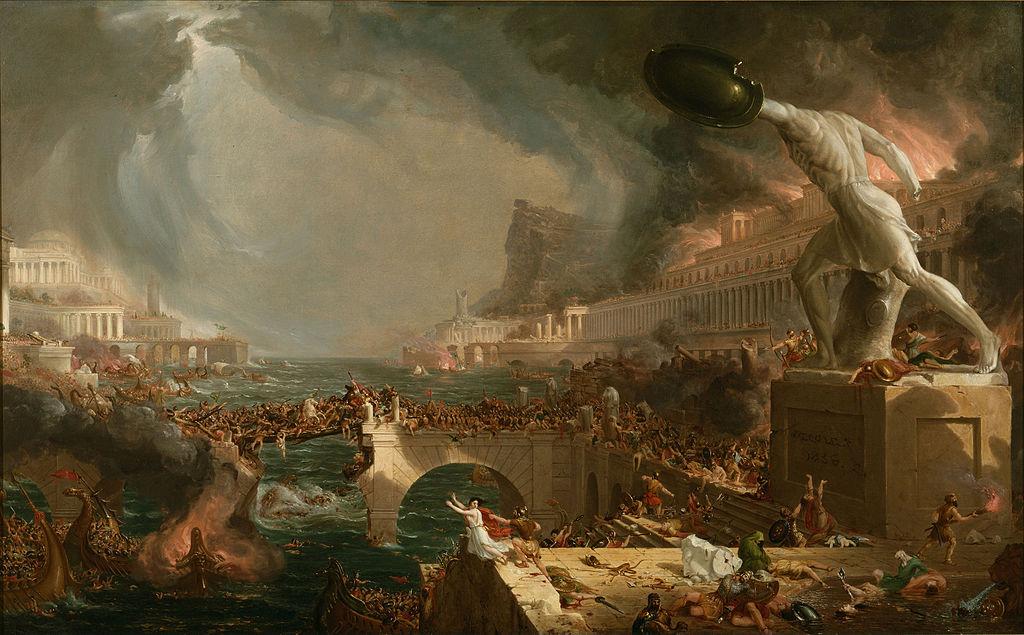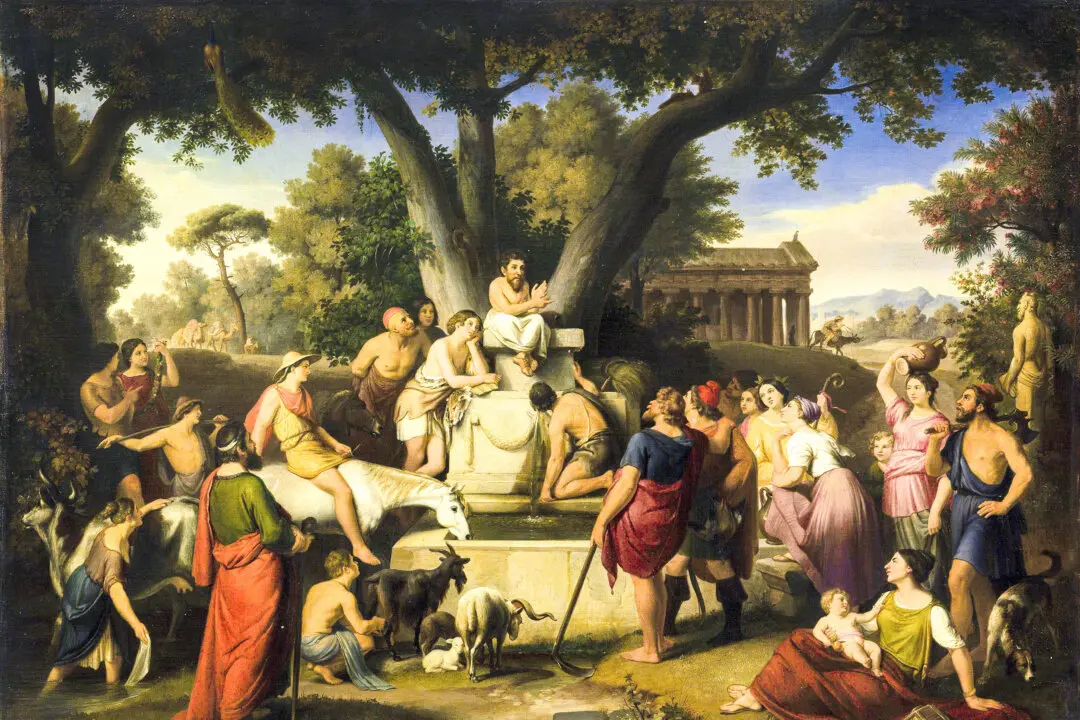“The greatest thing in the world is for a man to know that he is his own,” wrote Michel de Montaigne. Ridden with illness, the French nobleman decided to embark on a journey through Europe. What began as an attempt to find relief from bodily pain became a profound meditation on life that shows readers how travel can broaden one’s mind.
An Eclectic Education
Michel de Montaigne (1533–1592) was born in a castle mansion in Guyenne, France. He came from a wealthy family that had been ennobled two generations before his birth. His father devised an unusual pedagogic plan, on which Montaigne often reflected in his writings. As an infant, he was sent to a cottage to live with a family of farmers for three years, where he could become more sympathetic to the conditions of the lower classes he later served as a government official.When he returned home, his father wanted him to adopt Latin as his first language. He hired servants who knew Latin well and made sure Montaigne used the classical language to read, speak, and write. He eventually returned to a more traditional path, and his formal studies ended with a specialization in law.






